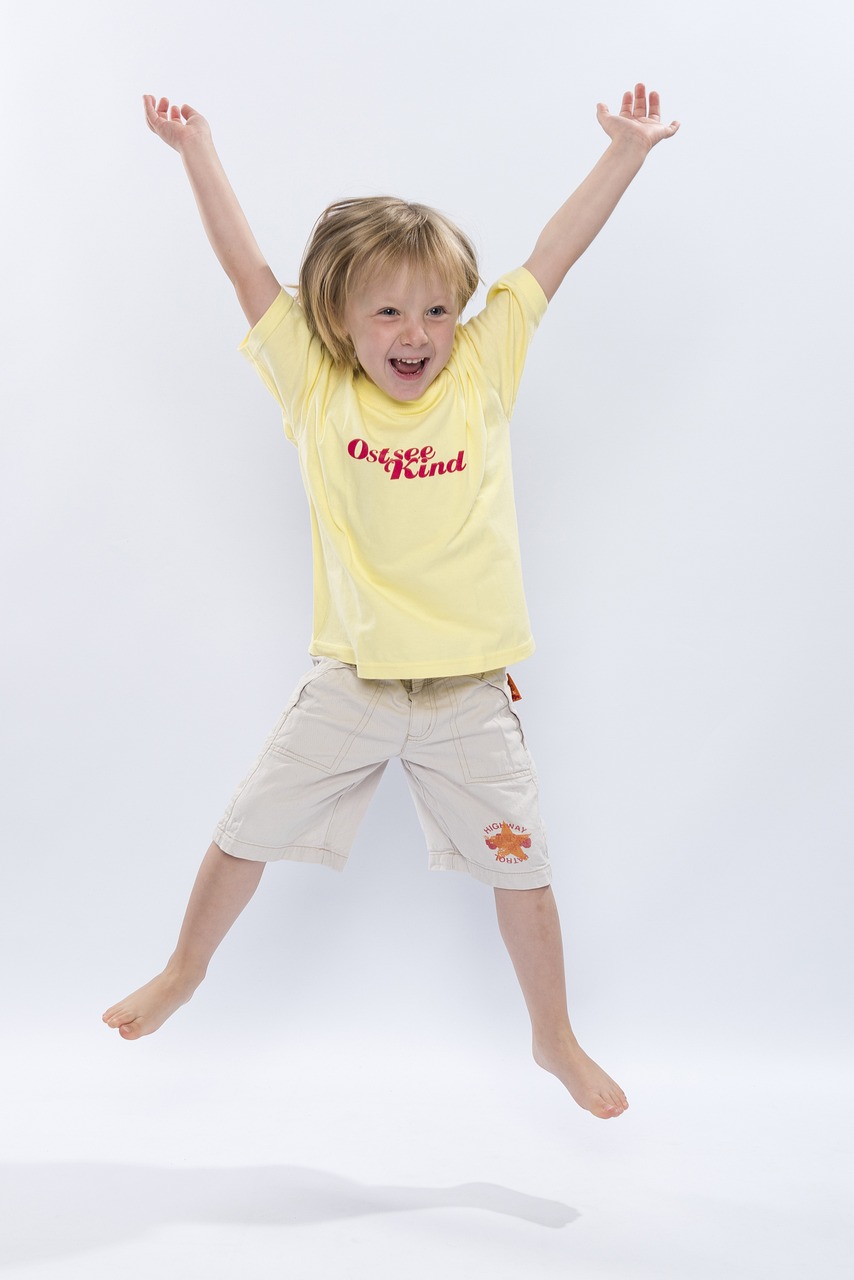![]()
Imagine trying to pay for a doughnut and not knowing if a $10 bill is enough.
Imagine not knowing which is more, 5 or 4.
Imagine never having a sense of time, so you are always early or late for things. Or someone gives you an hour to complete a task, and you have no idea how long that is or how to pace yourself.
Imagine never being able to retain the difference between left and right.
Imagine being in high school and understanding the concepts of algebra, but being unable to do basic addition and subtraction, let alone the higher operations.
Imagine being gifted in many, many academic areas, but having such difficulty in these areas that you “average out” so your school system never qualifies you for either the gifted programs or the special needs support you so badly need.
Imagine taking a summer job cleaning hotel rooms and being repeatedly reprimanded because you can’t keep all the steps in your head, forgetting the towels one time, the soaps another, dusting the counters yet another time.
Imagine that most of your teachers don’t understand, say thoughtless and clueless things about your disability, and some even try to block you from getting the special services and supports that you need.
Imagine the stress and anxiety that comes from not understanding what is wrong with you, why you can’t get the simplest things that come to all your peers so easily.
 If you take the time to imagine all this, you might get a glimpse of the feelings conveyed by Samantha Abeel in her memoir, My Thirteenth Winter. I just finished rereading it, because I wanted to remind myself about what it is like for a person with dyscalculia.
If you take the time to imagine all this, you might get a glimpse of the feelings conveyed by Samantha Abeel in her memoir, My Thirteenth Winter. I just finished rereading it, because I wanted to remind myself about what it is like for a person with dyscalculia.
This disability, unlike dyslexia, is one that I had never been trained in during my teacher education, though current research suggests in might be related to dyslexia. I think it is one of the lesser-understood disabilities, at least by the general population. Reading this memoir helped me become a better and more sensitive teacher, but it also raises some questions: how best to support people with this disability? After all, it makes living a regular life very challenging, between having to handle money (a big one) to using directions to get somewhere (though GPS can help) to being able to manage your time.
I have thought about Singapore Math in relation to this. In a session with Dr. Yeap Ban Har this summer, he mentioned that being able to do mental math and compute with number sense should be able to be done by all students without calculators, but that those with disabilities who can understand the concepts but cannot compute should be able to use calculators.
Part of the answer might be to look at multiple intelligence theory and use the student’s own strengths. Samantha Abeel is very strong in her visual and literary abilities. For her, a program that teaches math facts through poems, stories, and/or pictures might have been helpful, as it would use different brain pathways to help her retain these facts. I also had some success making multiplication table music CDs with a couple of math classes, and they seemed to help my students with learning differences the most.
Another interesting project with some research to back it up is a software program for young children that incorporates a game to teach basic number sense. It is a Java-based game, so it starts up slowly on my computer, and it’s not super-polished or professional looking, but the pedagogy looks solid. The game is called The Number Race. The full published research article about its effectiveness is at this site. In summary, the students who used it had some improvement in kindergarten, but it did not hold over time. A one-shot deal is not good enough; they need repeated help and practice.
If you would like to add anything about dyscalculia and how to help students who have it, please do so in the comments below. Thanks for reading.

Hi, I would like to know if you got trained to help kids with diyscalculia.?
Lidia, I think the field is still being pioneered. I have had some success in helping children with dyscalculia, but I don’t think there are any miracle approaches now. Each child seems to respond to a different approach.